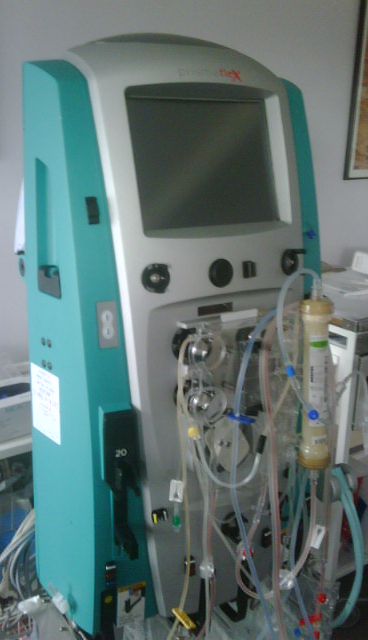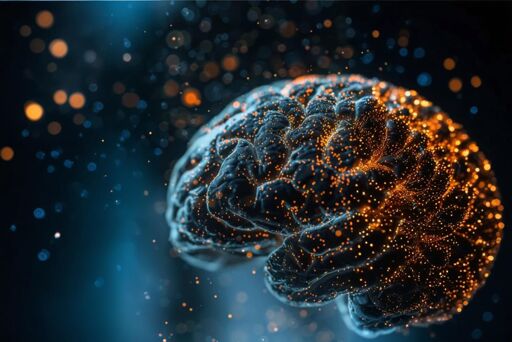Good, hopefully the plastics will eventually replace the gray matter entirely.
No, plastic in the brain will not replace gray matter. Microplastics can be harmful and cause inflammation, cell damage, and other health issues, but they won’t substitute or transform brain tissue.
You mean you shouldn’t listen to the Neuralink guy about the 5g in vaccines?
When they said the brain is plastic, this isn’t what I thought they meant…
“Our Brain”? So we’re down to just one to share amongst us now? But, but… I don’t wanna be a Republican!!!
I didn’t know we had a brain.
I thought we were an autonomous collective.
It’s good in the long run, it will help preserve our tissues so when we go extinct, some beings will have better samples to study.
The amber of our time
but it’s not how microplastics work. Microplastics are tiny plastic particles that have been found in various parts of the human body, including the brain. However, their presence is usually harmful and can cause inflammation, cell damage, and other negative health effects.
My friend, they’re joking.
Blood donation can help reduce Micoplastics and PFAS in your blood. So if you haven’t given blood in a while it’s worth it for a personal benefit as well as a social one.
The plague doctors were right. We must bleed to remove the bad humors (microplastics).
Yep but at least we are smart enough to not let that blood go down the drain this time.
So it’s like one of those curses you can only get rid of by giving it to someone else?
Lol they filter the blood something your liver can’t do
Why not just install the filter in my body? SMH
 if you find a place to fit this in your body i guess 😜
if you find a place to fit this in your body i guess 😜
My government refuses me to give blood, because I consume weed.
I’ve seen this a lot recently. Does anyone have a citation? I want to believe.
Read & saved.
Thanks!
So what I’m hearing is I have upcycled dinosaur bones growing in my brain… sounds pretty badass.
What’s the impact exactly?
They say microplastics are in every organism, everywhere. Seems like a large enough sample size that we should have an idea of what kind of damage they do?
Sample size isn’t the problem. The problem is we don’t have a control group to compare against. Ideally, you’d compare people with micro plastics to people without them, but those people don’t really exist anymore.
https://hsc.unm.edu/news/2025/02/hsc-newsroom-post-microplastics-human-brains.html
… brain tissue from people who had been diagnosed with dementia had up to 10 times as much plastic in their brains as everyone else, Campen said. But while there is a clear correlation, the study design cannot show whether higher levels of plastic in the brain caused the dementia symptoms – they may simply accumulate more due to the disease process itself, he said.
Plastic doesn’t decompose, our bodies do. Fellas I think we found the key to immortality. We must become one with the plastic.
Too much shitposting in this thread.
Archeologists going to be so confused








